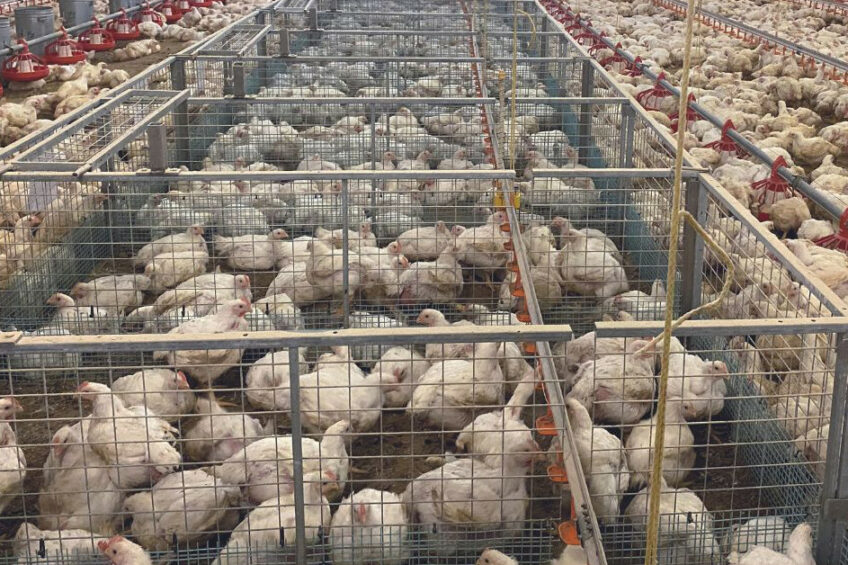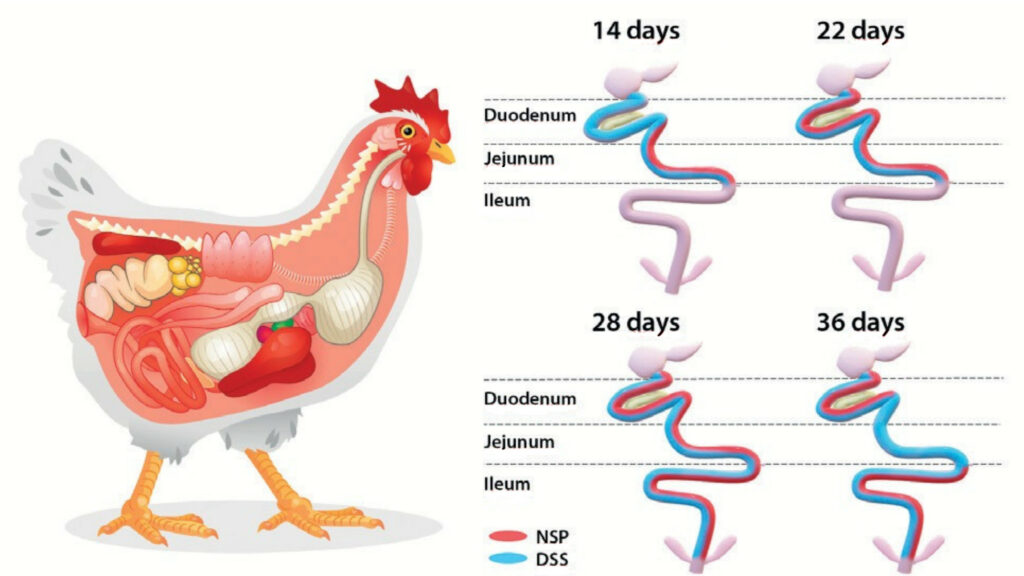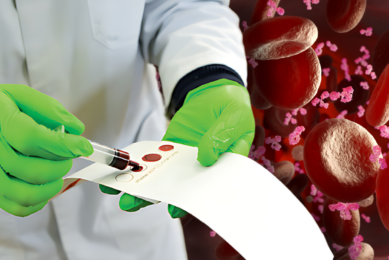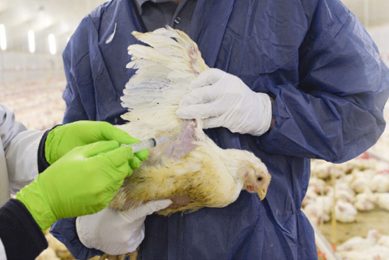How metabolic and sterile low-grade intestinal inflammation can affect profits

The relationship between feed and metabolic or sterile intestinal inflammation in poultry is complex but understanding it is crucial for maintaining optimal health, productivity and ultimately profitability.
Intestinal health is paramount in poultry production, directly affecting growth rates, feed efficiency, and overall health.
While pathogenic infections are a well-recognised cause of intestinal inflammation, another less obvious but equally significant cause are the metabolic and sterile intestinal inflammation. This type of inflammation arises from dietary factors and metabolic disturbances rather than direct microbial infection like in the pathological inflammation. Understanding how feed and different feed ingredients influences this condition, can help in devising strategies to improve poultry health, productivity and the much needed profitability.
Nutrient composition and its effects
Taking the earlier into consideration, it is safe to say that the composition of feed is critical in managing intestinal health. Some examples of this are:
Excess dietary fats can disrupt the balance of fatty acids in the body, leading to increased production of pro-inflammatory cytokines. These molecules play a role in the body’s immune response but, when overproduced, they can cause metabolic inflammation.
Certain anti-nutritional factors present in plant-based feeds can contribute to sterile intestinal inflammation. Lectins and phytates, commonly found in grains and legumes, can interfere with nutrient absorption and cause irritation to the gut lining.
Non-starch polysaccharides (NSPs) increase the viscosity of the gut contents, impeding nutrient absorption and altering the gut microbiota composition. This alteration can lead to dysbiosis, a microbial imbalance that favours pathogenic bacteria, thereby inducing inflammation. This reaction belongs more in the pathologic type of inflammation, however, together with the metabolic intestinal inflammation they can decrease performance and in the same time affect profitability. While the lesions of the pathological inflammation can be seen with the naked eye, the ones caused by the metabolic intestinal inflammation can be seen only under the microscope.
Dietary imbalances, particularly the oversupply of nutrients such as excessive protein intake, provide increased substrates for existing bacteria, including Clostridia and other pathogens, facilitating their proliferation. This overabundance can lead to enteric diseases, subsequent inflammation, and metabolic disorders. Also, elevated protein levels in the gut result in an excess of nitrogenous waste, which is converted into ammonia. This condition fosters high fermentation rates in the hindgut and supports the growth of additional pathogens. The resultant exacerbated inflammatory state heightens the risk of developing metabolic disorders.
Deficiencies or excesses in micronutrients like vitamins and minerals can compromise immune function and gut health, leading to sterile inflammation.
Research findings and novel approaches
Recent research has shed light on the mechanisms and management of chronic low-grade intestinal inflammation. Innovad, in partnership with Texas A&M University and USDA, has been at the forefront of this research. They have identified novel non-invasive biomarkers for chronic intestinal inflammation and developed new models to study its spatial and temporal patterns.
For instance, it was found that inflammation affects the duodenum and jejunum early in life, while the ileum is compromised at a later stage. This insight is crucial for developing targeted interventions (Figure 1).
Figure 1 – Inflammatory response in the gut, days 14-36.

NSP – Non-starch polysaccharides DSS – Dextran sodium sulfate
doi: 10.3389/fimmu.2021.676628
Furthermore, real production environments were used to study chronic intestinal inflammation, providing more realistic insights compared to traditional experimental setups. This approach revealed that oxidative stress triggers a persistent inflammatory response, extending well beyond the initial trigger and resulting in cumulative damage over time.
Management and mitigation strategies
The negative impact of feed on metabolic and sterile intestinal inflammation can be mitigated through a combination of 4 strategies
- Optimising Feed Composition:
Incorporate ingredients with anti-inflammatory properties, such as fatty acids, antioxidants and certain plant extracts. The toolbox is very versatile and offers several options. Understanding them and testing them in real life conditions makes the difference between profit and loss on the farm. - Quality Control:
Use fresh, high-quality ingredients
Ensure proper storage and handling of feed to avoid contamination with mycotoxins and other harmful substances. - Supplementation:
Supplement with intestinal health supporting products. The market is offering several solutions, you just have to make sure that these are working in real, commercial conditions, not only in low pressure, clean facilities.
Add digestive enzymes to improve nutrient absorption and reduce the impact of anti-nutritional factors. - Monitoring and Adjustments:
Conduct regular health and performance assessments to detect early signs of inflammation. Chronic intestinal inflammation can be detected only microscopically, so make sure to analyse it accordingly.
Tailor diets based on specific needs and stress periods to minimise metabolic stress and inflammation.
Holistic approach
The relationship between feed and metabolic or sterile intestinal inflammation in poultry is complex but understanding it is crucial for maintaining optimal health and productivity.
By understanding the impact of nutrient composition, feed quality, and processing, poultry producers can develop effective strategies to manage and mitigate intestinal inflammation.
We have commercial products that offer a holistic approach ensuing healthier flocks, better performance, while reducing the reliance on antibiotics and ultimately leading to more sustainable poultry production and better profits.





